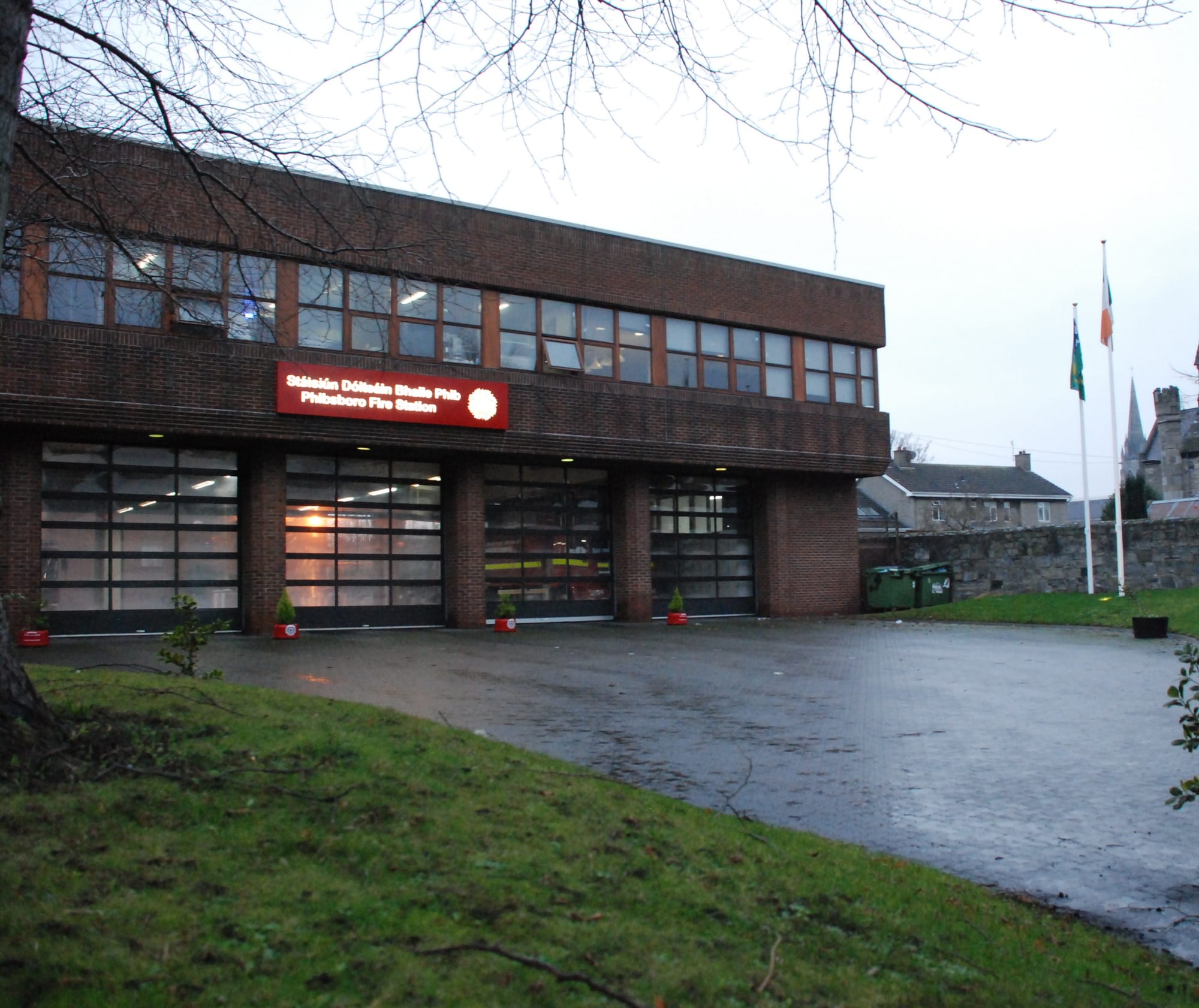Amid attacks from the right on “NGOs”, trust in Ireland’s charities has been declining
Scandals in some charities have also harmed the reputation of the sector as a whole, which is unfair, people working for other nonprofits say.
The issue, according to a SIPTU press release, is “a refusal by the senior management of Dublin City Council to resource an additional four ambulances to meet service demands in the city”.

SIPTU members of the Dublin Fire Brigade have served a notice of a ballot for strike action, and IMPACT is apparently considering doing the same.
The issue, according to a SIPTU press release, is “a refusal by the senior management of Dublin City Council to resource an additional four ambulances to meet service demands in the city”.
This appears to be part of a long-running debate over whether (and, if so, how) the Dublin Fire Brigade (DFB) and the National Ambulance Service (NAS) should combine some services – such as their call-and-dispatch services.
At the moment, the NAS serves the entire country while the DFB serves only Dublin; the NAS operates its call-and-dispatch service out of Tallaght, the DFB out of Tara Street.

In February 2014, the Irish Times noted that “there have long been calls to amalgamate the Dublin Fire Brigade service into the ambulance service” as it could save €3 million per year.
Later that year, a HIQA report highlighted a number of areas where the NAS and the DFB could coordinate better.
“As a matter of urgency, it is important for both organisations to work together to better coordinate services, and make best use of their collective resources,” said the report.
The Health Service Executive and Dublin City Council moved towards transferring the DFB’s call-and-dispatch service over to the NAS, on the back of the 2014 HIQA report. But the plan was later pulled to allow for consultation.
In 2015, the former DFB Chief Stephen Brady chaired a forum that had to evaluate HIQA’s recommendations, and design a model that would meet HIQA’s requirements and supply an efficient ambulance service to Dublin.
After the forum, an expert-panel report recommended that Dublin Fire Brigade’s EMS system be retained and that Dublin Fire Brigade take charge of all 999 calls in the city. It also recommended that funding should come from the Department of the Environment rather than the HSE.
An amalgamation of the call-and-dispatch services is an ongoing concern, says Labour Councillor Alison Gilliland.
“There is a suspicion that [Dublin City Council Chief Executive] Owen Keegan wants to relieve DCC of the responsibility of EMS and perhaps fire services or possibly contract their services as opposed to have them as an integrated public service across the local authorities,” she said.
“I would be completely opposed to this as the fire-based EMS plays an integral role in servicing our communities,” she said.
The fire service is one of the largest parts of Dublin City Council’s €862.5 million budget, accounting for more than €110 million.
Supporters of adding ambulances to the DFB’s fleet, and leaving it with its own call-and-dispatch system point to its system of cross-training.
Unlike most services around the country, Dublin’s fire officers are also trained paramedics, while others are advanced paramedics. So DFB’s firefighters and ambulances work closely together, and with the call-and-dispatch system.
“The fire-based EMS is in operation across North America and Europe,” says SIPTU representative Brian Murray. “If you remove any leg of the EMS stool, its going to collapse, including call-taking.”
“We [the DFB] can shoot a huge amount of trained and skilled personnel into a major incident very quickly. No other organisation within the state can do that,” he says.
Green Party Councillor Patrick Costello agrees. “It’s considered best practice and major cities are moving towards [fire-based EMS] as a model of practice,” he says. “Undermining it and moving away from it is the wrong thing to do.”
At times, though, the fire brigade has to rely on the NAS for ambulances as its fleet currently stands at 12 vehicles, says Costello.
At last week’s monthly council meeting, Labour Councillor Alison Gilliland submitted a motion – which was approved – calling on the management of Dublin City Council to immediately request four additional ambulances for DFB from Fine Gael Minister Simon Coveney.
Murray says that the four extra ambulances for the DFB-EMS are still not forthcoming, but it is something Labour’s Gilliland says that she will continue pushing for, including at a meeting on 26 January of the council’s committee for Fire and Ambulance Services and Emergency Management.
“I would hope that we would have a response from Ministers Coveney and Harris for that meeting. If we are not happy with the action I will be proposing a meeting with the ministers,” she said.
Dublin City Council’s press office did not respond to queries relating to Dublin Fire Brigade, its possible call-and-dispatch amalgamation with the NAS and if there were plans to provide four extra ambulances.